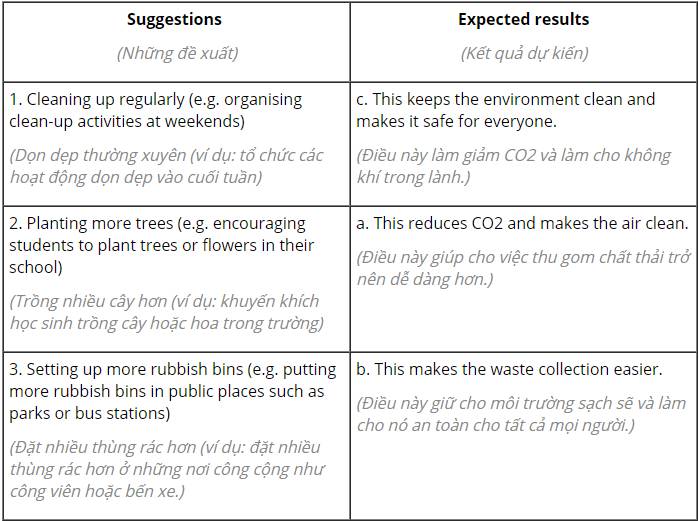Hãy nhập câu hỏi của bạn vào đây, nếu là tài khoản VIP, bạn sẽ được ưu tiên trả lời.

17. riding
18. went
19. have lived
20. take
Mik ko bt viết văn vì đây văn tiếng anh lớp 10 mà mik mới lớp 7
Chúc Bn Hok Tốt

Yes I have
My favourite movie is Horror movie.Because it is very crazy and interesting.
cô xem được ko nhé!!!
When I was little, I watched an animated movie called: "1001 Dalmatians". This movie is so good it captivated me that I couldn't miss an episode. It is a movie about 1001 Dalmatians. The main character is an evil old woman who likes to use the fur of dogs to make wonderful clothes. The film has both sad and funny scenes, so many children around the world love to watch it. And me too, I love watching this series and love the cute blobs too.
(cái này em tự làm không chép ạ mong chị tick cho em :<)



1. sociable
2. washing-up
3,groceries
4.example.
1 sociable
2 washing-up
3 groceries
4 example